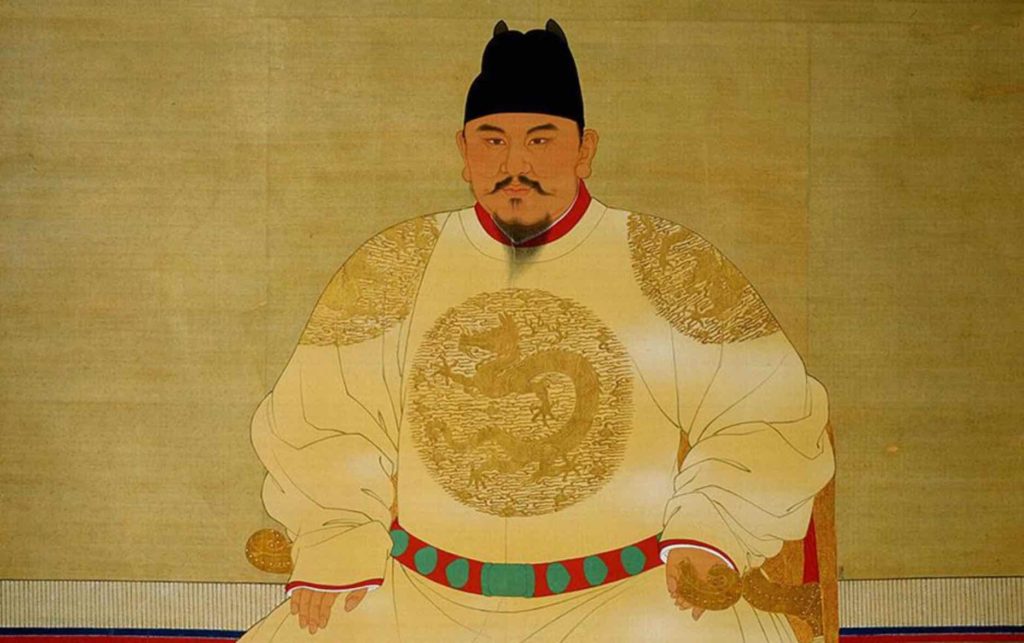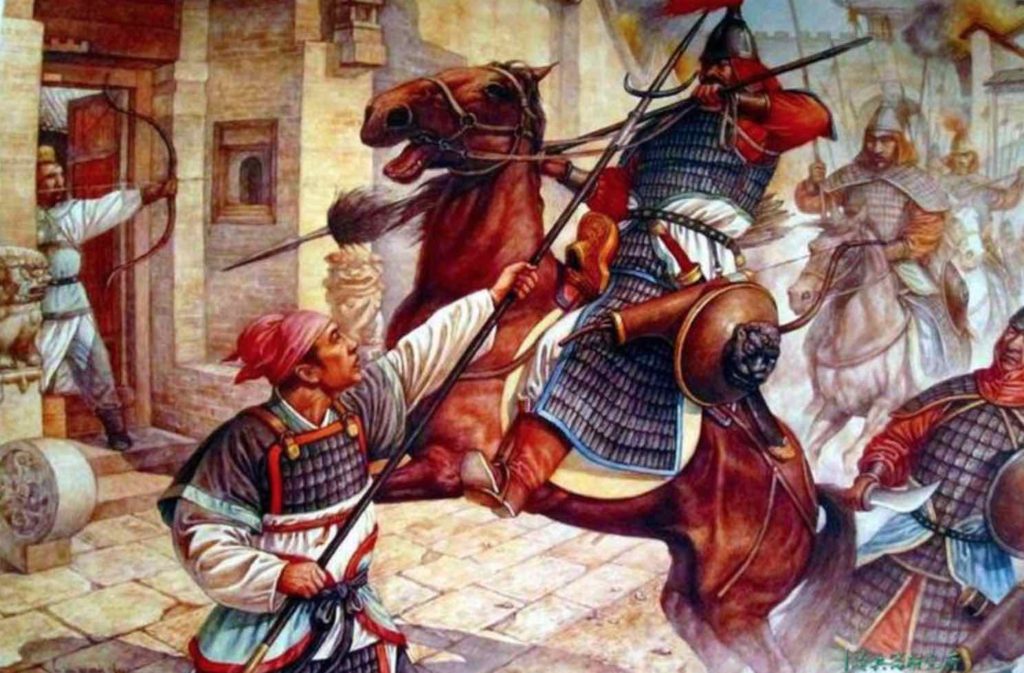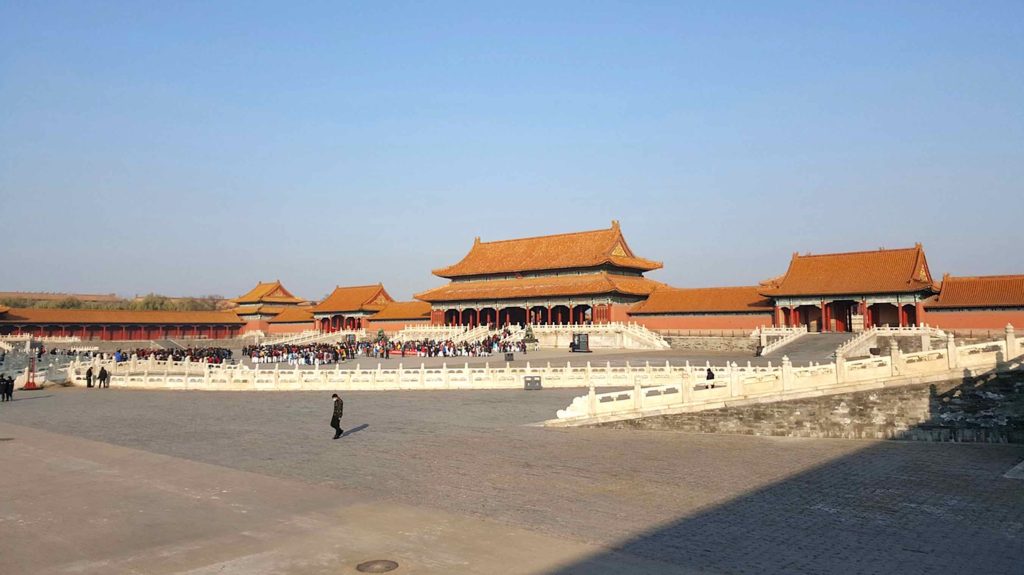The secret of Zhu Yuanzhang’s success was that he had made many friends who come from every social stratum.
The change of dynasty is a recurring phenomenon in ancient Chinese history. Although all emperors tried their best to strengthen their rule, they eventually failed. The Yuan Dynasty was no exception.
From 1348 to 1368, the ruling crisis within Yuan Dynasty was gradually becoming severe. The whole dynasty was showing a situation where wealth from the south was flowing to the north. To make matters worse, more and more farmers tried to resist to survive in these 20 years.
There were mainly two forces to overthrow Yuan Dynasty. They had a unified name called Red Turban Rebelling, including Western Red Turban Rebelling and Eastern Red Turban Rebelling.

The Eastern Red Turban Rebelling was the main force against Yuan Dynasty. This force was mainly active in Anhui, Henan, and Hebei. At the same time, the Western Red Turban Rebelling was mostly active in the Jianghan Basin.
From the perspective of power comparison, it was difficult to eliminate rebels only by the regular army of Yuan Dynasty. As far as the Red Turban Rebelling was concerned, in addition to fighting against the central military of Yuan Dynasty, they must also struggle with local forces funded by landlords.
At first, the Yuan Dynasty landlords have to organize their forces to resist to survive because of Red Turban Rebellion adopted a hostile policy towards them.
In this way, the enemy of Red Turban Rebellion became friends of Yuan Dynasty. Therefore, you would find that although landlords already knew that the replacement of dynasty would happen in the short future, they would still take all measures to safeguard the rule of Yuan Dynasty to protect their private property and life safety.

Obviously, this situation was not conducive to the Red Army’s overthrow of Yuan Dynasty. Later in the military operation, Zhu Yuanzhang gradually found this reality. In fact, when he first entered the Red Army, his attitude towards the landlord was terrible.
Because Zhu Yuanzhang was oppressed by the landlord when he was a child, he was full of hatred towards the landlord and even wanted to eliminate landlords entirely. But in the end, Zhu Yuanzhang chose to compromise.
In the following military operation, Zhu Yuanzhang began to protect the interests of landlords actively, and he issued an order promising to protect the vested interests of landlords. As a result of this policy, Zhu Yuanzhang immediately received the support of a large number of landlords.
After Zhu Yuanzhang adopted the strategy of cooperating with landlords, the nature of rebelling he led had changed. In other words, Zhu Yuanzhang was no longer simply to overthrow the Yuan Dynasty for ordinary poor people but to establish a dynasty of him.

The nascent dynasty was actually similar to Yuan Dynasty. It was still an autocratic feudal dynasty. The only change that occurred was the change of dynasty’s master, and this time it was Zhu Yuanzhang’s turn.
Broadly seeking the support of landlords was the secret of Zhu Yuanzhang’s success in overthrowing the Yuan Dynasty. Besides, the combat structure between the Red Turban Rebelling and Yuan Dynasty’s army also provided a powerful condition for Zhu Yuanzhang’s rise.
When Zhu Yuanzhang recruited soldiers to strengthen his army, the Yuan army was blocked by other Red Turban Rebelling of General Liu Futong. In other words, Zhu Yuanzhang’s army had been fully developed. As a result, Zhu Yuanzhang won a lot of strategic development time.
In Conclusion
Compared with other Red Turban Rebelling leaders, Zhu Yuanzhang’s most significant difference was that he could adjust his strategy flexibly according to war. When he found that it would be difficult to continue fighting the landlords to overthrow the Yuan Dynasty, he immediately changed his combat strategy, which also caused him to be looked down on by other leaders.
However, Zhu Yuanzhang got the victory and established the Ming Dynasty. In fact, it is not difficult to find that if someone wants to win a revolt, one must manage to get the support of vested interests. Once the wrong strategy was executed, the enemy’s strength would continuously strengthen.




